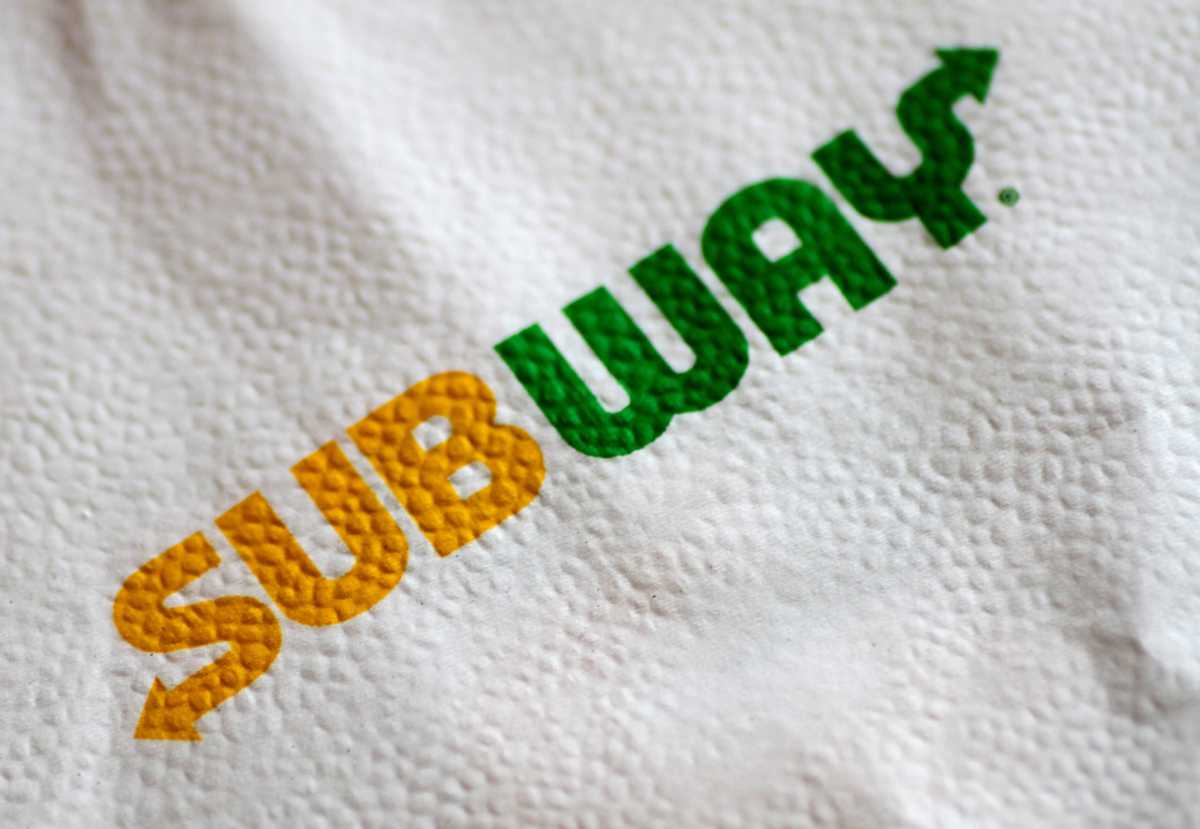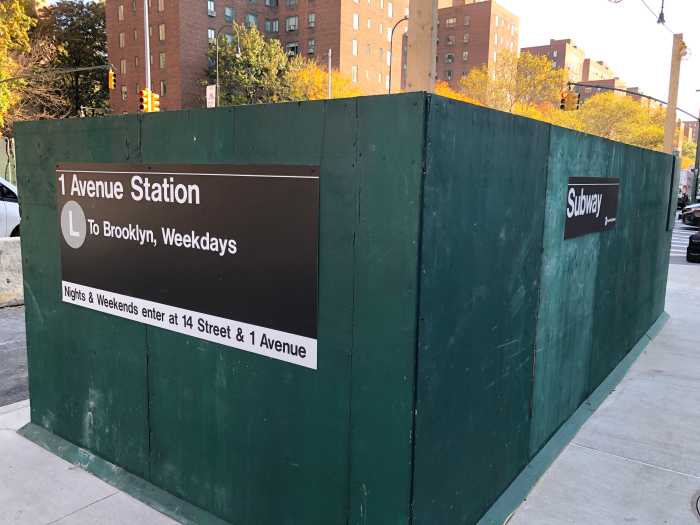A new version of a lawsuit accusing Subway of deceiving the public about its tuna products said lab testing shows they contain animal proteins such as chicken, pork and cattle, and not the advertised “100% tuna.”
Karen Dhanowa and Nilima Amin filed a third version of their proposed class action this week in the federal court in San Francisco, near their homes in Alameda County.
Subway said in a statement it will seek to dismiss the “reckless and improper” lawsuit.
The chain said the plaintiffs have “filed three meritless complaints, changing their story each time,” and that its “high-quality, wild-caught, 100% tuna” was regulated strictly in the United States and around the world.
Since the case began in January, Subway has run TV ads and launched a website defending its tuna. It also revamped its menu but not its tuna, saying an upgrade wasn’t needed.
The original complaint claimed that Subway tuna salads, sandwiches and wraps were “bereft” of tuna, while an amended complaint said they were not 100% sustainably caught skipjack and yellowfin tuna.
U.S. District Judge Jon Tigar dismissed the second version last month, saying the plaintiffs did not show they bought Subway tuna based on alleged misrepresentations.
He did not rule on the merits, and gave the plaintiffs another chance to make their case.
The Nov. 8 lawsuit relies on testing by a marine biologist of 20 tuna samples taken from 20 Subway restaurants in southern California.
It said 19 samples had “no detectable tuna DNA sequences,” while all 20 contained detectable chicken DNA, 11 contained pork DNA and 7 contained cattle DNA.
Many people cannot eat various meats because of diet or religious issues.
The complaint said the testing showed that Subway mislabeled its tuna products, and “duped” consumers into paying premium prices.
Amin said she ordered Subway tuna products more than 100 times from 2013 to 2019, and always checked the menu to ensure she would be eating “only tuna.”
The lawsuit seeks unspecified damages for fraud and violations of California consumer protection laws.
The case is Amin et al v Subway Restaurants Inc et al, U.S. District Court, Northern District of California, No. 21-00498.





































